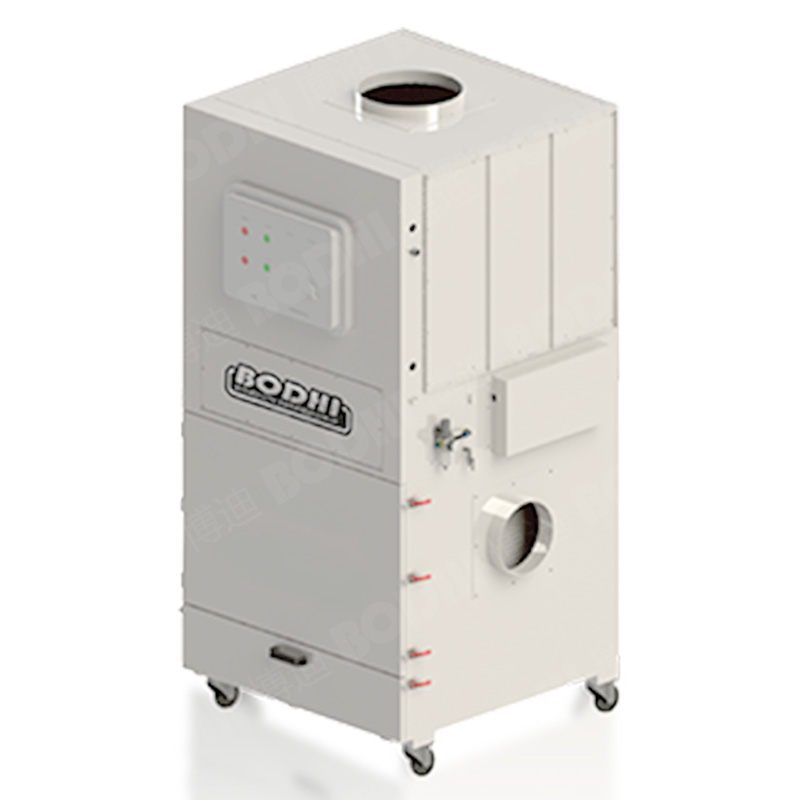Lung health is a crucial aspect of overall well-being, yet many individuals overlook the signs of lung inflammation until it becomes a significant health concern. Inflammation in the lungs can stem from various causes, including infections, allergies, environmental pollutants, and chronic diseases. Understanding how to identify the symptoms of lung inflammation is essential for timely intervention and effective management. In this article, we will explore the key indicators of lung inflammation, delve into the underlying causes, and discuss the importance of seeking medical advice.
Understanding Lung Inflammation
Lung inflammation, or pneumonitis, occurs when the lung tissue becomes irritated and swollen. This condition can affect the air sacs (alveoli) and the airways (bronchi), leading to a range of respiratory issues. Inflammation can be acute, arising suddenly due to infections or irritants, or chronic, developing gradually over time due to long-term exposure to harmful substances or underlying health conditions.
Key Signs of Lung Inflammation
Recognizing the symptoms of lung inflammation is vital for early diagnosis and treatment. Here are some common signs to watch for:
- Persistent Cough: A cough that lingers for weeks or worsens over time may indicate lung inflammation. This cough can be dry or produce mucus, depending on the underlying cause.
- Shortness of Breath: Difficulty breathing or a feeling of tightness in the chest can signal inflammation. This symptom may be more pronounced during physical activity or when lying down.
- Chest Pain: Discomfort or pain in the chest, especially when breathing deeply or coughing, can be a sign of lung inflammation. This pain may vary in intensity and can be mistaken for other conditions.
- Wheezing: A high-pitched whistling sound while breathing, known as wheezing, often accompanies lung inflammation. This occurs due to narrowed airways and can be exacerbated by allergens or irritants.
- Fatigue: Chronic inflammation can lead to overall fatigue and a general feeling of malaise. If you find yourself unusually tired without a clear reason, it may be worth investigating further.
- Fever and Chills: In cases where lung inflammation is caused by an infection, such as pneumonia, you may experience fever, chills, and other systemic symptoms.
Causes of Lung Inflammation
Understanding the potential causes of lung inflammation can help you identify risk factors and take preventive measures. Common causes include:
- Infections: Viral, bacterial, or fungal infections can lead to inflammation in the lungs. Pneumonia is a well-known example that often results from infections.
- Allergens: Exposure to allergens such as pollen, mold, pet dander, and dust mites can trigger an inflammatory response in sensitive individuals.
- Environmental Pollutants: Air pollution, smoke from cigarettes, and exposure to toxic chemicals can irritate lung tissue and lead to inflammation.
- Chronic Conditions: Diseases such as asthma, chronic obstructive pulmonary disease (COPD), and interstitial lung disease can cause chronic inflammation in the lungs.
When to Seek Medical Attention
If you experience any combination of the symptoms mentioned above, it is crucial to consult a healthcare professional. Early diagnosis and treatment can prevent complications and improve outcomes. Your doctor may recommend diagnostic tests such as chest X-rays, CT scans, or pulmonary function tests to assess lung health and determine the underlying cause of inflammation.
Conclusion
Being aware of the signs of lung inflammation is essential for maintaining respiratory health. By recognizing symptoms early and understanding potential causes, you can take proactive steps to protect your lungs. If you suspect lung inflammation, don’t hesitate to seek medical advice. Your lungs play a vital role in your overall health, and timely intervention can make all the difference in your recovery and quality of life. Remember, your health is in your hands—stay informed, stay vigilant, and prioritize your lung health.






